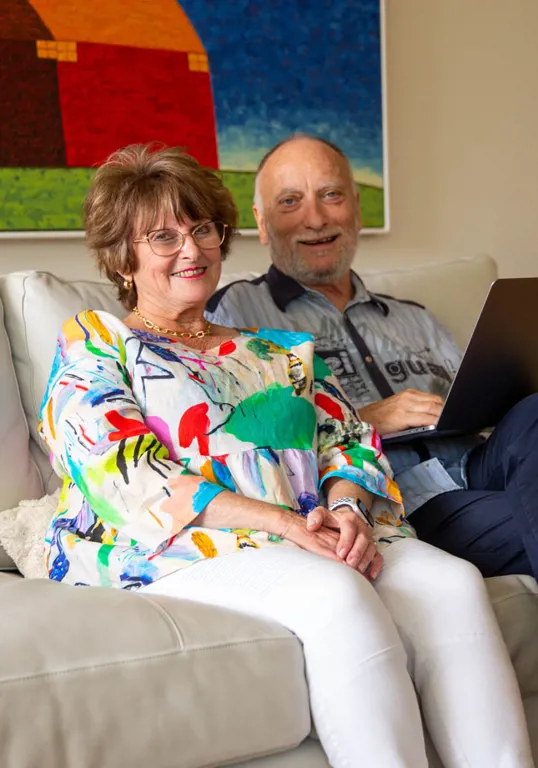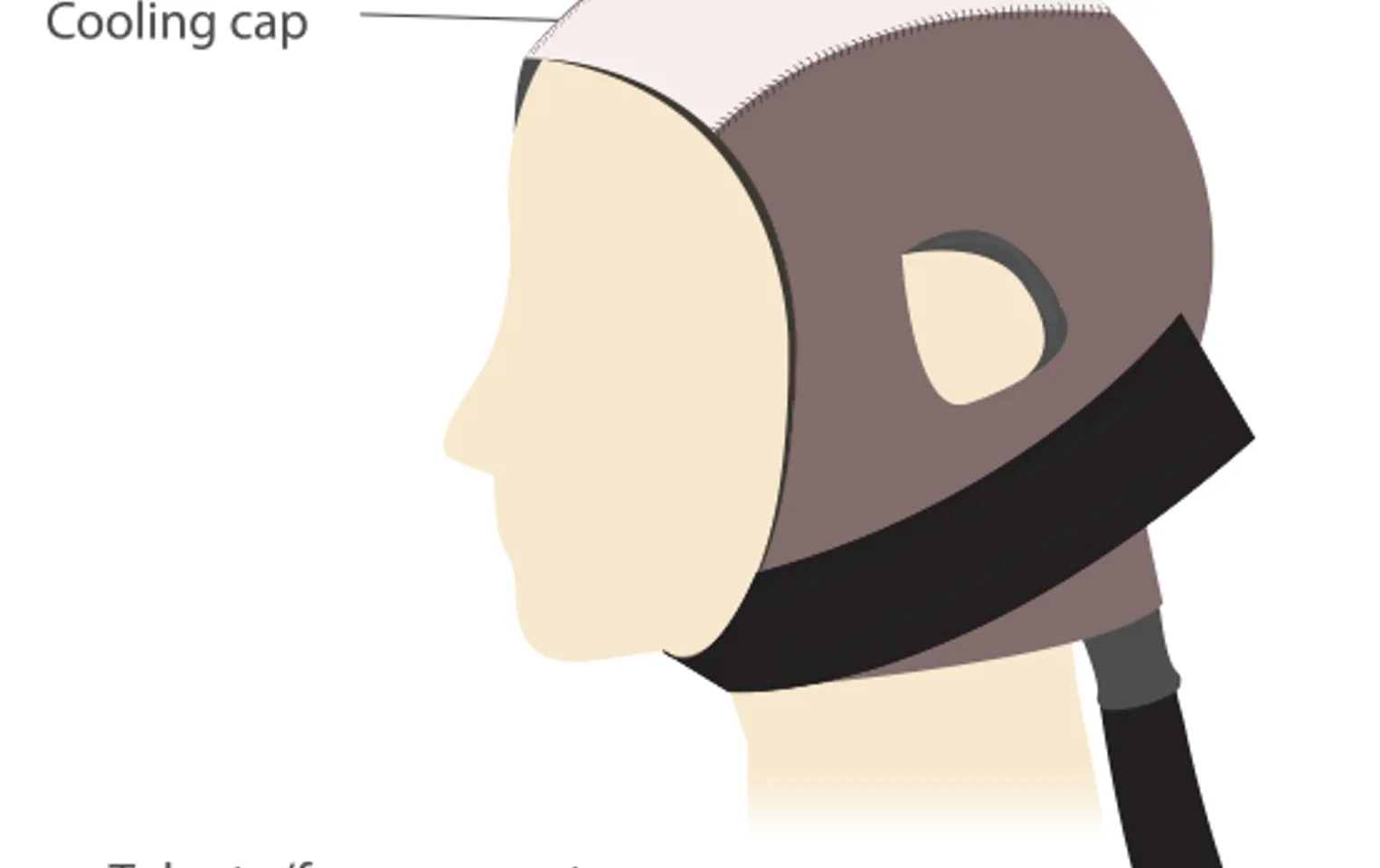Pain
Many people believe that pain associated with metastatic breast cancer is inevitable. This is often one of people’s greatest fears. However, some people experience no pain at all and others very little.
It is important to know that pain can almost always be controlled. There are a number of treatments aimed at reducing or eliminating pain caused by metastases. There are also many different pain-relieving medications (analgesics) that can be used on their own or in combination to help people affected by metastatic breast cancer.
Over-the-counter pain medications
Over-the-counter medications and prescription drugs can be helpful to reduce or eliminate pain associated with metastatic breast cancer. Over-the-counter medications, including paracetamol (Panadol), can be effective in relieving mild pain and are most effective if taken regularly rather than waiting until the pain returns or worsens. Anti-inflammatory medications, such as aspirin and ibuprofen (Nurofen), can also be effective in relieving mild pain.
Prescription medications for pain
Codeine-containing medications, such as Panadeine and Panadeine Forte, can be effective in relieving moderate to strong pain associated with metastatic breast cancer, but you will need a prescription from your oncologist or GP to purchase them.
Opiate painkillers are prescription medications provide clinicians with options for helping manage moderate or more severe pain. There are many different versions of opiate painkillers, and new ones are introduced from time to time. The usual approach is the use of a slow-release form – these are either oral medications or patches that are placed on the skin and renewed every few days.
Examples of opiate painkillers are:
- Oxycontin, Targin and Endone (containing oxycodone)
- MSContin or Kapanol (containing morphine)
- Jurnista and Dilaudid (containing hydromorphone)
- Durogesic (Fentanyl) patches.
You may also be able to use fast-acting (as opposed to slow-release) pain medication for what is called “breakthrough pain”, which is pain that occurs despite the slow-release pain medication.
Examples of these fast-acting medications are:
- Endone, Dilaudid (tablets)
- morphine mixture (liquid)
- Actiq, Abstral (fentanyl lozenge).
The steroid medication dexamethasone can sometimes be very helpful for pain associated with metastases, such as bone or liver metastases.
Radiotherapy for pain relief
Radiotherapy can be a very effective way of reducing bone pain in people who have bone metastases. Treatment may be given as a single dose or over several days. It can also help with bone healing. Treatment is generally well tolerated and has few side effects.
Who can help me control my pain?
It should be possible to achieve good control of your pain. It is important for you to let your team know if you are having a lot of pain, as a change in dose or use of different drugs may be helpful.
Sometimes, your oncologist may suggest you see someone who specialises in cancer pain management, perhaps at a pain clinic or through a palliative care service. Palliative care physicians usually provide this advice in a cancer treatment team.
It is important to talk with your treating team about any pain you may be experiencing. The more accurately you can describe the pain, the easier it will be for your doctor to prescribe the most effective treatment.
Some people worry that if they take too much pain medication, they may become dependent on it. You may also find yourself worrying that increasing the amount of pain medication you are using means that your cancer is getting worse. There are many myths about pain-relieving agents and cancer, particularly morphine, which is why it is important to speak with your doctor about your pain and talk about what pain relief options may work best for you.
Non-medical pain relief
Complementary therapies may be helpful to reduce or control pain.
- Massage – massage with an aromatherapy blend may help you to relax but ask your masseur to avoid any inflamed or swollen areas. Some oncologists prefer that people with metastatic cancer see an accredited oncology massage therapist. Acupuncture – research shows that acupuncture may relieve pain.
- Relaxation techniques – relaxation techniques such as breathing or yoga may also help you manage pain.
- Cold packs – because cold packs decrease the flow of blood, they may provide effective relief for pain related to inflammation, joint pain or muscle aches and spasms. Cold packs, including ice and/or ice packs, should not be applied to areas being treated by radiotherapy, and they should not be used where circulation is poor.
- Warm packs – warm packs increase blood flow, which can make them more effective for pain caused by stiffness or muscle tightness. Heat packs should not be applied to areas being treated by radiotherapy.
- Frames and supports – if your pain is exacerbated by pressure, there are frames that can protect you from the weight of your bedding. Back supports may make sitting more comfortable, and other devices may help you with specific problem areas. Most of these aids can be hired for a relatively small fee. Your doctor, social worker or palliative care team should have the information you need or be able to refer you to a physiotherapist or occupational therapist.







![[blank]](https://bcna-dxp.azureedge.net/media/en2fczb2/bcna_placeholder_bg.jpg?rxy=0.7593219354887106,0.2881619937694704&width=384&height=240&format=webp&quality=80&rnd=133546802863430000)


![[blank]](https://bcna-dxp.azureedge.net/media/en2fczb2/bcna_placeholder_bg.jpg?rxy=0.7593219354887106,0.2881619937694704&width=64&height=64&format=webp&quality=80&rnd=133546802863430000)